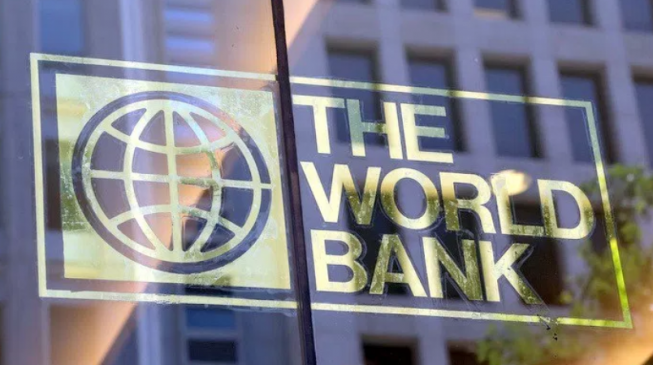The World Bank says policy unreliability is discouraging new investment in Nigeria.
In its newly released Global Economic Prospects report, the Bretton Wood institution projected that Nigeria’s economy will grow by 2.1% in 2019 and 2.2% in 2020.
This is 0.9 percentage points lower than 3.01% growth rate assumed in the 2019 budget.
“In Nigeria, the recovery in oil production has fallen short of expectations, as policy uncertainty constrains investment in new capacity, while weak domestic demand amid a challenging business environment has dampened non-oil growth,” the report read.
“Growth in Nigeria is anticipated to edge up to 2.2% in 2020, but foreign exchange restrictions, supply disruptions in the oil sector, and a lack of needed reforms are seen as constraints to stronger growth.”
Growth in sub-Saharan Africa is projected to hit 3.3% in 2020 on the assumption that “investor sentiment will improve toward some of the large economies of the region, that oil production will recover in large exporters, and that robust growth in non-resource-intensive economies will be underpinned by continued strong agricultural production and sustained public investment”.
“While per capita GDP is expected to rise in the region, it will be insufficient to significantly reduce poverty. Even in areas where pushing back poverty has made inroads, economic growth has been concentrated in urban areas, providing little benefit to the rural poor.
“Regarding banking sector vulnerabilities, nonperforming loan (NPL) ratios have risen, or remain elevated, among some industrial commodity exporters (Cameroon, Namibia, Nigeria, South Africa), as weaker growth and softer export revenues have translated into increasingly impaired private sector balance sheets.”








